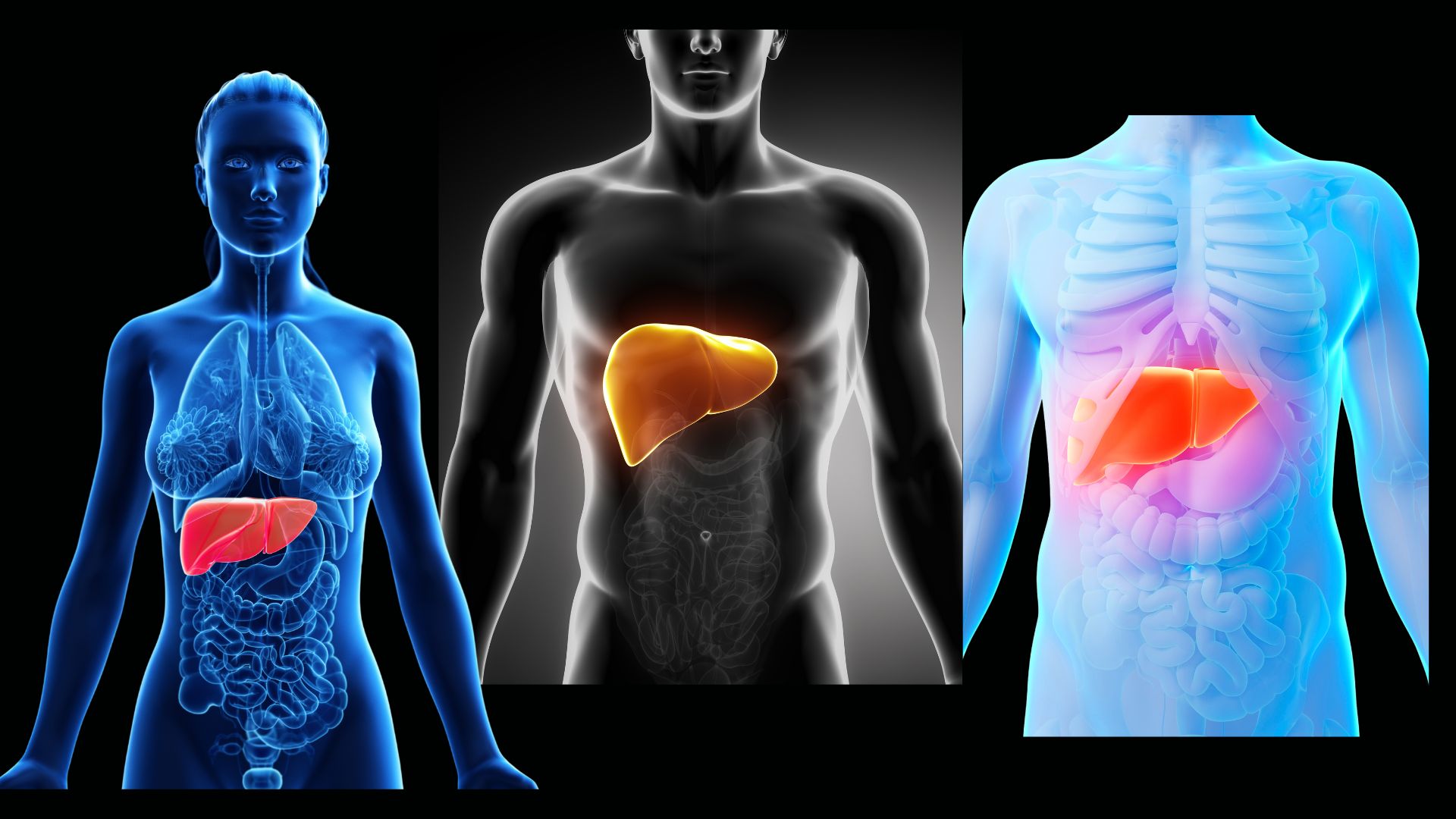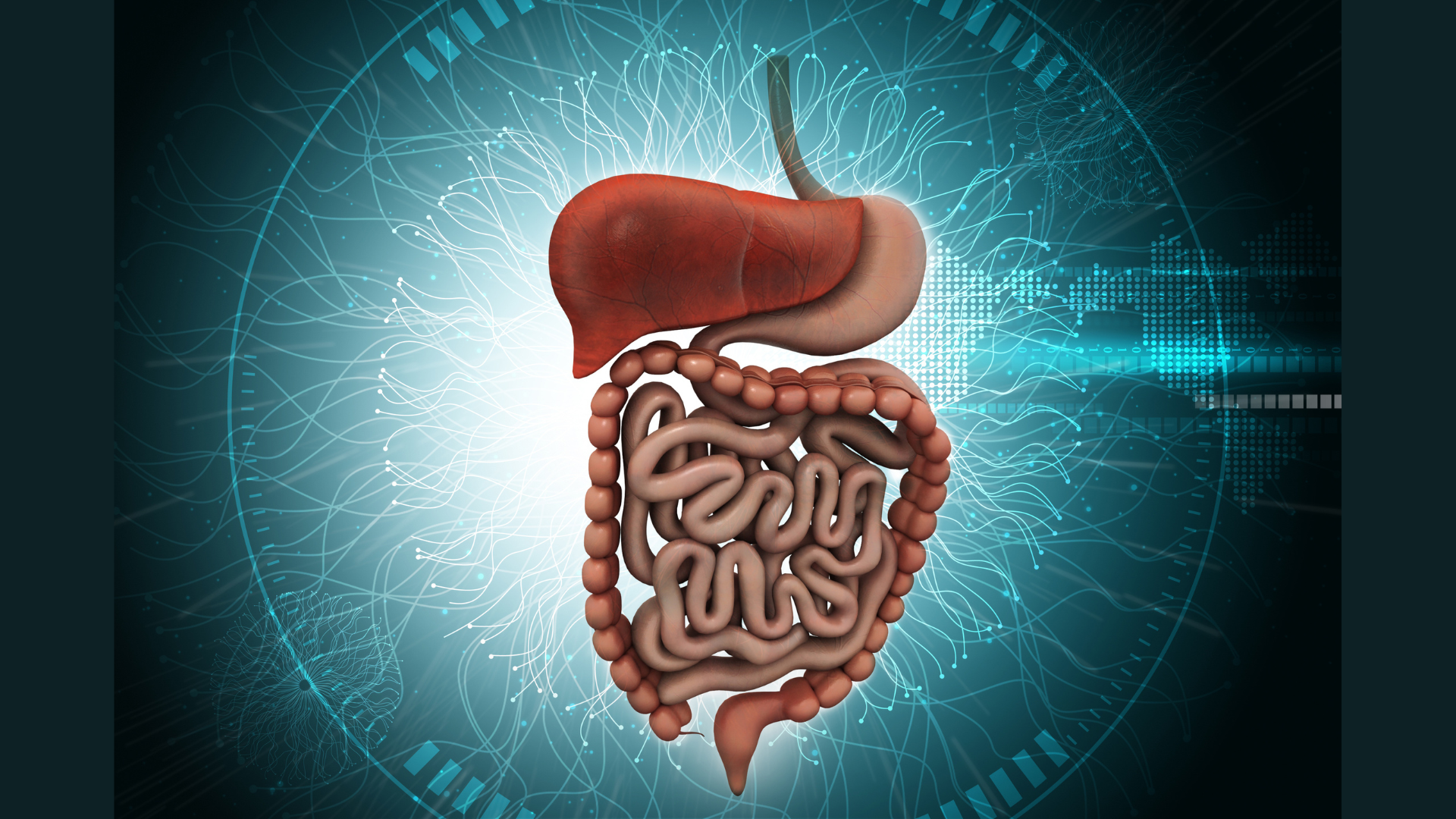Exercise for Stress and Depression
Exercise for stress and depression is effective for most people, especially when used with other techniques such as diet, therapy or both. While the cause of depression may be due to chemical imbalances or environmental, stress can be beneficial or detrimental - depending on how it is controlled.

The effect of exercise on stress and depression exercise is touted by many health enthusiasts. It is now confirmed by a study published in Psychosomatic Medicine, a journal of the psychiatric community, which found that exercise worked as well as antidepressant drugs in cases of what is considered serious depression.
Exercise is recognized to aid in mental health by not only fitness enthusiasts, but by medical researchers. In fact, it is so powerful on brain function that a report on Science Daily, Research News states that "Regular exercise can play an important a role in improving the physical and mental well being of individuals with schizophrenia, according to a review published in The Cochrane Library."
Is Depression a Disease or Symptom?
Holistic health practitioners often view both stress and depression as a symptom of a larger health issue – not as the disease itself. The approach to treatment will often consider what is going on “behind the scenes” in an attempt to learn what is causing the depression.
Surprisingly, physical maladies are often connected to and is often a root cause of depression. It is consistently found that very real and physical substances such as food allergies, toxic metals like mercury and poor nutrition all contribute to mental and emotional disturbances.
As for stress, some research shows that even small amounts of toxic metals in the blood stream can be linked to antisocial and aggressive behavior. For example, studies show that exposure to toxic lead is linked to nutrient depletion, which leads to delinquency and antisocial behavior in children which gets worse and the child ages. (1) Other studies show a correlation between anxiety, aggression and even ADD with mercury exposure. (2)
Brain biochemistry plays a significant role in our moods. For example, serotonin is a brain chemical that is a necessary regulator of sleep, appetite and moods. Patients with clinical depression often have extremely low levels of the neurotransmitter, dopamine. And the brain modulator, norepinephine, may help the brain deal with stress more effectively.
Role of Exercise in Stress and Depression
In today's modern world, many people find themselves in stressful situations on a daily basis. This causes our bodies to go in over-time and constantly create adrenaline, as stress may trigger the fight-or-flight instinct. Excess adrenaline may cause the brain to feel overwhelmed and not focus.
To alleviate this, exercise can help your body metabolize and balance stress chemicals, allowing your mind to more easily relax. Some exercise, such as rebounding , even helps stimulate the endocrine system and circulation to ensure the chemicals go where they need as toxic waste is transported out.
While many say that exercise helps create endorphins, the feel good substance attributed to exercises' "feel good" side-effect, research now shows that exercise increases norepinephrine, allowing us to better deal with stress.
Exercise is more Than Chemical
Another cause contributing to depression is the feeling of being overwhelmed and out of control due to the amount of responsibilities of today’s society. These responsibilities affect most of us from financial pressures to career pressures.
Exercise builds confidence, which will translate into every day life situations. It can help a person feel more in control and boost self esteem. Exercise helps people to take an active role in recovery – another boost to self-esteem and feelings of being in control. (Read an excerpt from the Townsend letter for doctors about the impact of aerobic exercise on mentality of illness.)
Those who exercise may find it easier to consume the nutrition needed for the body to function properly. The food you eat can determine if your body produces dopamine and serotonin, which is needed for proper brain function or if you will lack these essential neurotransmitters.
The food you eat can interfere with brain function by contributing harmful chemicals such as aspartame, mercury or monosodium glutamate. As for the argument that these chemicals are in such a minute amount that they don’t interfere, don’t let them fool you. The brain chemicals and the amount of electricity in your body are also minute, but absolutely necessary for life.
Stress and depression can be reduced with the help of exercise. Including heathy nutrition may allow a well-rounded approach to truly help those afflicted with depression.
Rebounding is a fun way to exercise and helps tone and strengthen every part of you from your facial muscles to your calves. But don't just jump on any trampoline unless it is made for exercise; this will protect your joints from long term damage.
Related Articles

Stress Management with Nutrition

Blissfully Stress Free with a Mental Detox

Relax with an Infrared Sauna Detox
- Research




